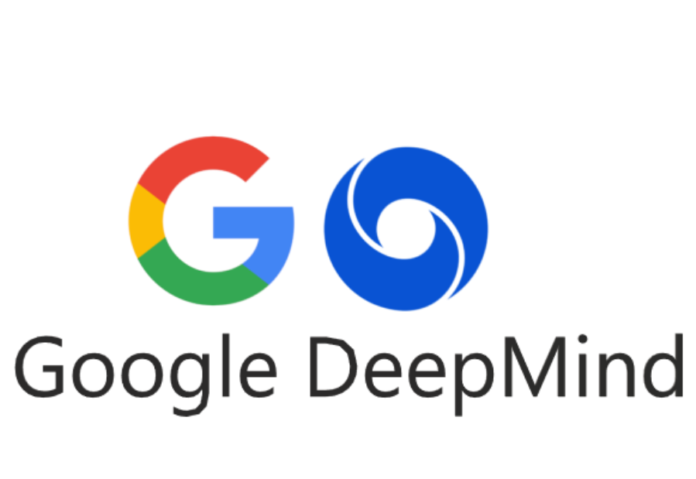The Alphabet (GOOGL.O)-owned AI firm announced that over 400,000 of its potential material designs might soon be created in a lab setting.
Google DeepMind utilized artificial intelligence (AI) to forecast the structure of over 2 million new materials, a discovery that might soon be applied to improve real-world technology, according to the company.
The Alphabet (GOOGL.O)-owned artificial intelligence firm claimed in a research report published in the science journal Nature on Wednesday that nearly 400,000 of its hypothetical material designs may soon be created under lab conditions.
The discovery could lead to the development of better-performing batteries, solar panels, and computer chips.
The development and production of novel materials can be a time-consuming and expensive process. For example, it took nearly two decades of research to commercialize lithium-ion batteries, which are now used to power everything from phones and laptops to electric cars.
“We’re hoping that big improvements in experimentation, autonomous synthesis, and machine learning models will significantly shorten that 10- to 20-year timeline to something that’s much more manageable,” said Ekin Dogus Cubuk, a DeepMind research scientist.
DeepMind’s artificial intelligence was taught using data from the Materials Project, an international research collaboration created in 2011 at the Lawrence Berkeley National Laboratory that consists of existing research on about 50,000 known materials.
The company announced that it would now share its data with the research community, with the aim of hastening further advances in material discovery.
“Industry tends to be a little risk-averse when it comes to cost increases, and new materials typically take a bit of time before they become cost-effective,” said Kristin Persson, head of the Materials Project.
“If we can shrink that even a bit more, it would be considered a real breakthrough.”
DeepMind said that after using artificial intelligence to forecast the stability of these novel materials, it would now focus on predicting how readily they could be synthesized in the lab.
Also read: Safely Introducing Kids to AI Tools
Do Follow: CIO News LinkedIn Account | CIO News Facebook | CIO News Youtube | CIO News Twitter
About us:
CIO News, a proprietary of Mercadeo, produces award-winning content and resources for IT leaders across any industry through print articles and recorded video interviews on topics in the technology sector such as Digital Transformation, Artificial Intelligence (AI), Machine Learning (ML), Cloud, Robotics, Cyber-security, Data, Analytics, SOC, SASE, among other technology topics.






